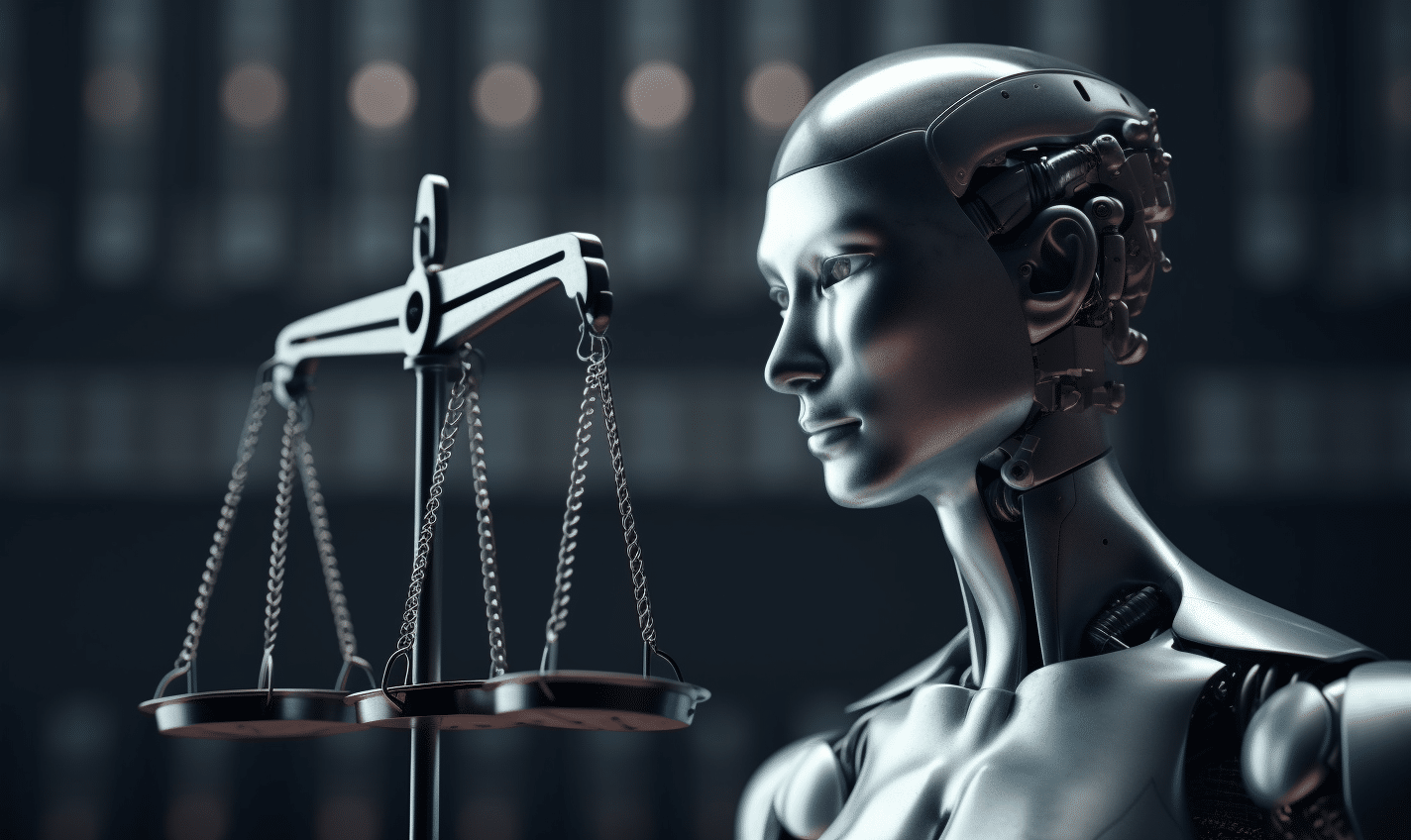In today’s fast-paced digital world, artificial intelligence (AI) has become a powerful force, transforming various industries and aspects of our daily lives. While AI’s potential for positive impact is undeniable, it’s crucial to address ethical considerations and promote responsible AI usage. In this blog post, we’ll explore the importance of ethical AI and discuss guidelines, challenges, and best practices to ensure AI benefits all.
Why Ethical AI Matters
AI technologies have the potential to revolutionize areas such as healthcare, transportation, and communication, among others. However, AI can also perpetuate biases, invade privacy, or be weaponized for nefarious purposes. By prioritizing ethical AI, we can:
- Protect individual rights and freedoms.
- Foster trust in AI systems.
- Prevent harmful consequences and societal disparities.
- Ensure that AI is used for the greater good and respects human values.

Guidelines for Responsible AI Usage
A number of organizations have proposed guidelines for ethical AI, with some common themes emerging:
- Transparency: AI systems should be designed and implemented in a way that allows users to understand how they work and how decisions are made.
- Accountability: AI developers and operators should be held responsible for their systems’ actions and consequences.
- Fairness: AI systems must avoid perpetuating biases and should treat all individuals equitably.
- Privacy and Security: AI should be designed with user privacy and data security in mind, ensuring that sensitive information is protected.
Explore a comprehensive list of AI ethical guidelines and principles here
Challenges and Best Practices
Navigating the ethical landscape of AI is not without its challenges. Here are some best practices to address these challenges and promote responsible AI usage:
- Involve diverse perspectives: Include people from different backgrounds and disciplines in AI development to ensure a more comprehensive understanding of potential ethical implications.
- Conduct regular audits: Periodically review AI systems to identify potential biases, privacy violations, or other ethical issues.
- Prioritize education: Encourage AI literacy and ethical awareness among developers, operators, and users to foster a culture of responsibility.
- Establish clear policies: Develop and implement clear policies that outline expectations for ethical AI usage within your organization.
- Promote open dialogue: Encourage discussions about AI ethics and potential concerns, both within your organization and with external stakeholders.
As AI continues to advance and integrate into various aspects of our lives, it is crucial that we prioritize responsible AI usage and ethical considerations. By following guidelines, addressing challenges, and implementing best practices, we can ensure that AI serves humanity’s best interests and upholds our core values.
For more resources on ethical AI and responsible AI usage, visit this AI ethics resource hub.




One Comment
Comments are closed.